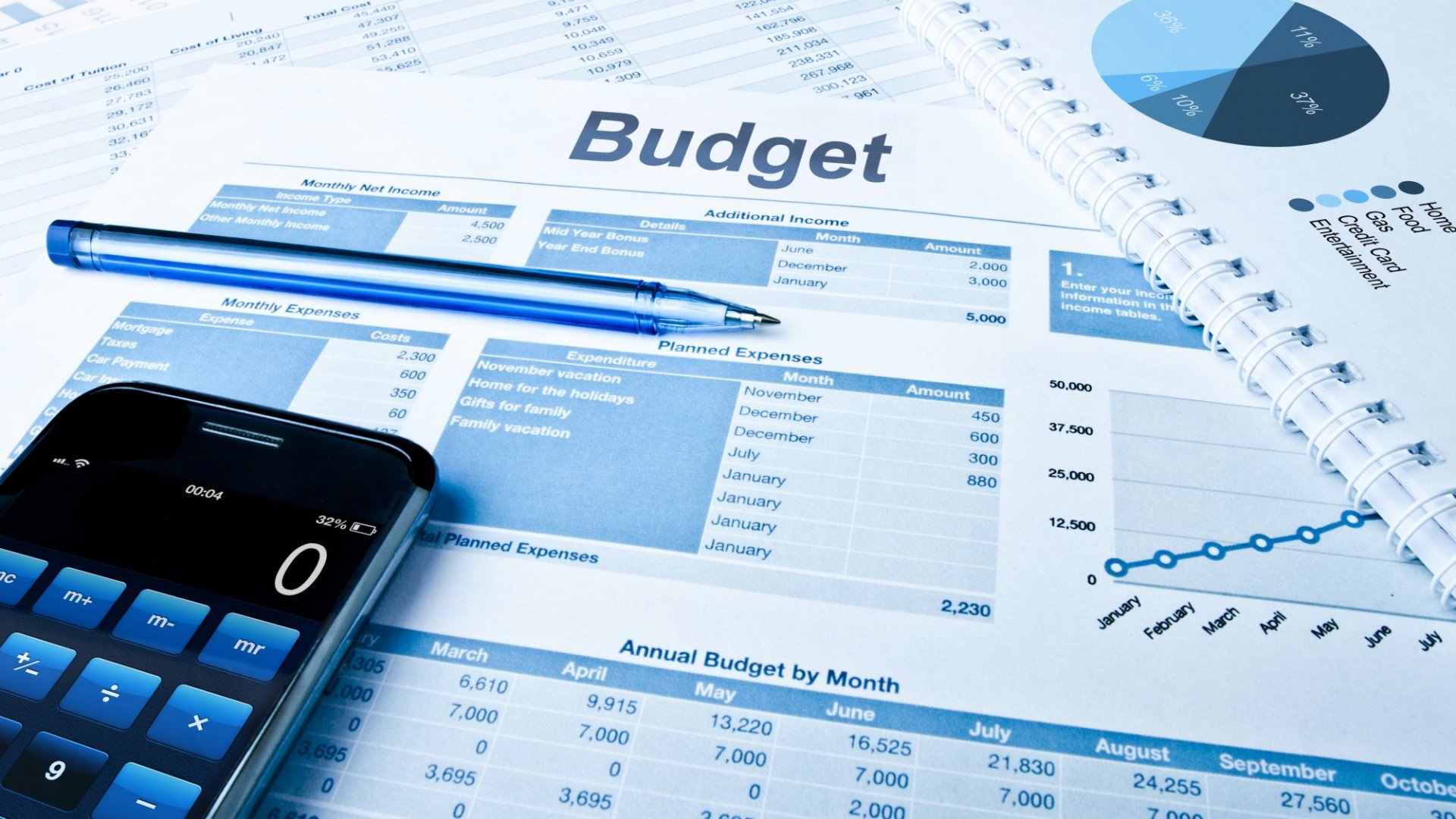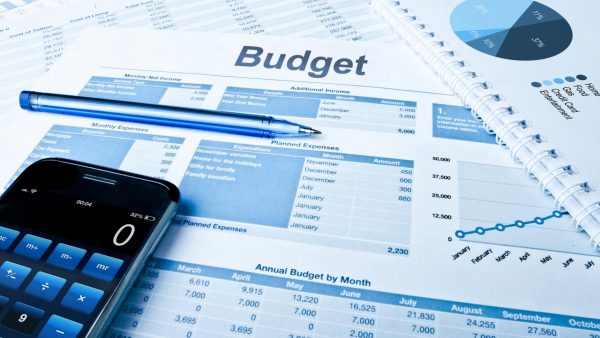As a businessperson, you’ll want to keep up with your enterprise’s financial situation. It’s important that you do this; your financial records can give you a sweeping view of where your business is at. Without them, you’ll be swimming in the dark.
Read more about Business growth tips
It’s also crucial that you plan for your future costs and revenues. This is one way of ensuring that you’re in control of your business and where it’s headed. You can do this by preparing a budget that covers receipts and expenses over a particular period.
In this article, we’ll explain how you can create a budget that works for you. But first, let’s be clear on what a business budget is.
What Is A Business Budget?
A business budget is a document that shows the expected income and projected expenditure for a business. In other words, it lays out how much money your business will receive and how much it’s going to spend, within a defined timescale (anywhere between a month and a year).
There are many reasons you’ll want to have a budget. First, it gives you clarity about your financial aims and objectives for the period it covers. It also shows you where to re-align your spending so that it’s more efficient. And if you’re applying for some sort of loan or grant, the lending party may want to see your budget; it’ll be great if you have it on hand.
Steps To Creating The Perfect Budget
So we’ve explained what a budget is and why you should have one. Now let’s look at the steps to creating the perfect budget.
Determine Your Income
How much will you make this month (or year)?
That’s the question you should answer first. You can do so by examining your historical income data. That should give you a fair idea of what you’re likely to make in the period you’re budgeting for. Make room for growth on previous collections if you’re confident that it will happen.
If you receive income from more than one source, make sure to project for how much you’ll get from all your sources. For example, if you run a fashion business and you earn from sales and a fashion academy, estimate income from both those sources, based on what you’ve gotten from them in the past. Add them together, and you’ll have the total income for the coming period.
Calculate Your Fixed Cost
Next, add up all of your business’s fixed costs.
Fixed costs are costs that you’ll incur every month or year, which don’t change in the short term. Examples include rent, payroll, internet, website hosting, etc.
Sign up to the Connect Nigeria daily newsletter
To determine which of your costs should be classified in this category, check your previous records for costs that have stayed the same over time.
After laying out the fixed costs, add them all together to get your Total Fixed Cost.
Add Variable Costs
Variable costs are costs that change over time. Examples include power, transportation, office supplies, production inputs, commissions, etc.
In many cases, these values change because the products or utilities concerned aren’t consumed at about the same quantities over time, or payments aren’t made at the same rates.
This means that these costs can be increased or decreased, depending on the financial situation of the business. If you are consistently making a profit, you can invest more in utilities that enable your business to grow. But if you are turning in a loss, it’s wise to cut back on these expenses until your business turns the corner.
When you’ve recorded all variable costs, you can sum them all up to get your Total Variable Costs.
Include One-Off Expenses
Sometimes, there will be costs that happen once in a while, i.e. they don’t happen as frequently as the items in your fixed or variable cost lists. It’s important to make room for them as well.
Another category you should be concerned about is expenses you can’t predict. For these, you can add a bit more to the total expenses, so you have some leeway to meet unexpected obligations.
Subtract Costs From Income
Add up all your Total Fixed Cost, Total Variable Cost, one-off expenses, and unexpected expenses. This gives you the total cost you’ll be incurring.
Subtract that total cost from your total income, and you’ll have your profit for the period you’re budgeting for.
Note: you’ll only get a profit if your total income exceeds your total cost. But if the total cost is greater than the total income, you’ll have a loss.
That’s how you create a business budget.
Final Words: Planning For What’s Ahead
The great thing about budgets (if they’re well prepared) is that they allow you to intervene to cut excessive expenses and allocate funds to more productive aspects of the business, even before the period in question. That way, you’ll remain in control of your business for the foreseeable future, other factors held constant.
We would like to hear from you. Please take a minute to respond to this survey. Your answers will help us provide the type of content you want to see. Click here to respond to the survey.
Featured Image Source: Inc Magazine
Got a suggestion? Contact us: [email protected]


